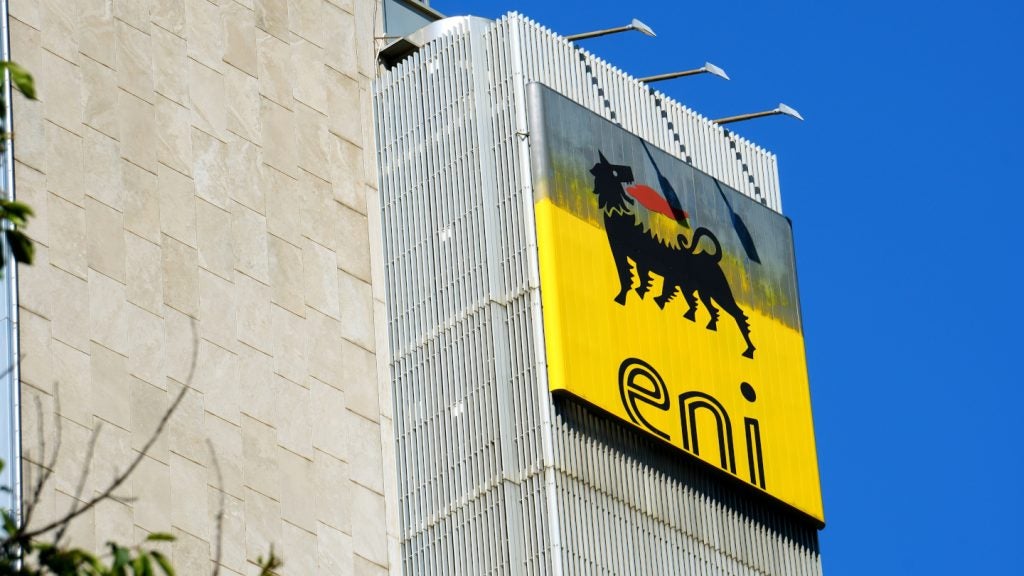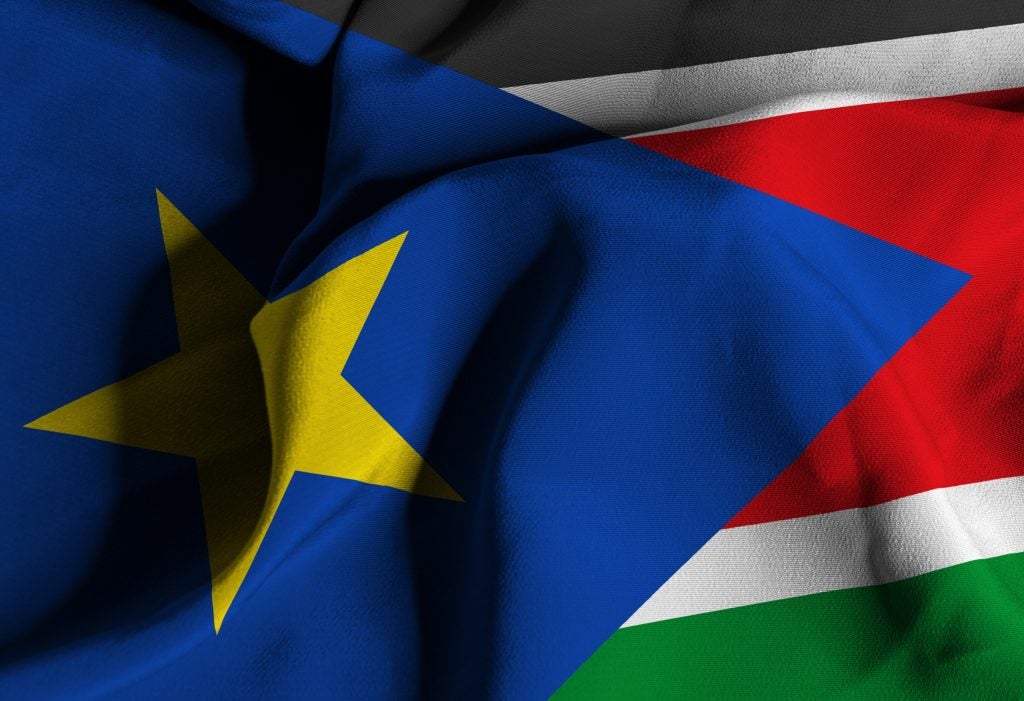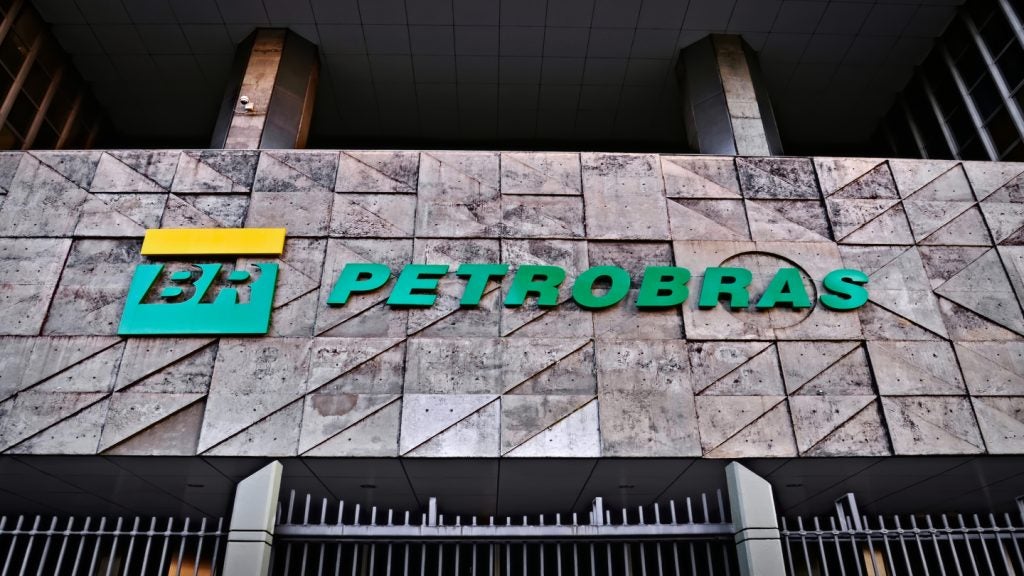
Russia has promised to meet its OPEC+ oil production targets in June after pumping too much oil in May and exceeding the limit set by the organisation.
The country’s Energy Ministry reiterated on Thursday that it is “fully committed to the fundamental principles of the OPEC+ deal” and that in June the “issue of overproduction will be resolved with the achievement of target levels”.
Russia slightly exceeded its OPEC+ quota last month, without providing figures.
OPEC members and its oil-producing allies, led by Russia, have made a series of output cuts since late 2022 in order to maintain oil prices at what they see as an acceptable level.
Russia’s oil output quota was 9.1 million barrels per day (mbbl/d) in May. This included small additional voluntary output cuts promised by the ten nations that make up OPEC+.
Russia’s Energy Ministry said the overproduction will be made up for from June until September 2025, a so-called “compensation period”.
How well do you really know your competitors?
Access the most comprehensive Company Profiles on the market, powered by GlobalData. Save hours of research. Gain competitive edge.

Thank you!
Your download email will arrive shortly
Not ready to buy yet? Download a free sample
We are confident about the unique quality of our Company Profiles. However, we want you to make the most beneficial decision for your business, so we offer a free sample that you can download by submitting the below form
By GlobalDataThe country recently reported that oil and gas budget revenues jumped by more than 73% in the January–May 2024 period compared with the same time last year.
According to data from the Finance Ministry released a week ago, between January and May 2024, revenues for the Russian federal budget from oil and gas reached Rbs4.95trn ($55.7bn).
At the start of June, OPEC+ agreed to extend most of its oil output cuts into 2025 as the group sought to shore up the market amid rising US production.
OPEC+ voluntarily agreed to gradually phase out the cuts of 2.2mbbl/d over the course of a year from October 2024 to September 2025.
Last week, Abdulaziz bin Salman Al Saud, Saudi Arabia’s Energy Minister, hit back at criticism of the OPEC+ member nations’ decision to allow a gradual increase in their oil production from this October, after markets reacted badly.
He pushed back against Western politicians and the media, making it clear the extended group will not cave to external pressure, and will take action that it feels is appropriate.
Earlier this week, the International Energy Agency stated that global oil demand is expected to reach its highest point by 2030 and start to decrease the following year.
Its June 2024 Oil Market Report forecasts that global oil demand, which includes biofuels, averaged just over 102mbbl/d in 2023 and will level off near 106mbbl/d towards the end of this decade.
The report predicts that by 2030, total supply capacity will reach nearly 114mbbl/d, or 8mbbl/d more than the projected global demand.







